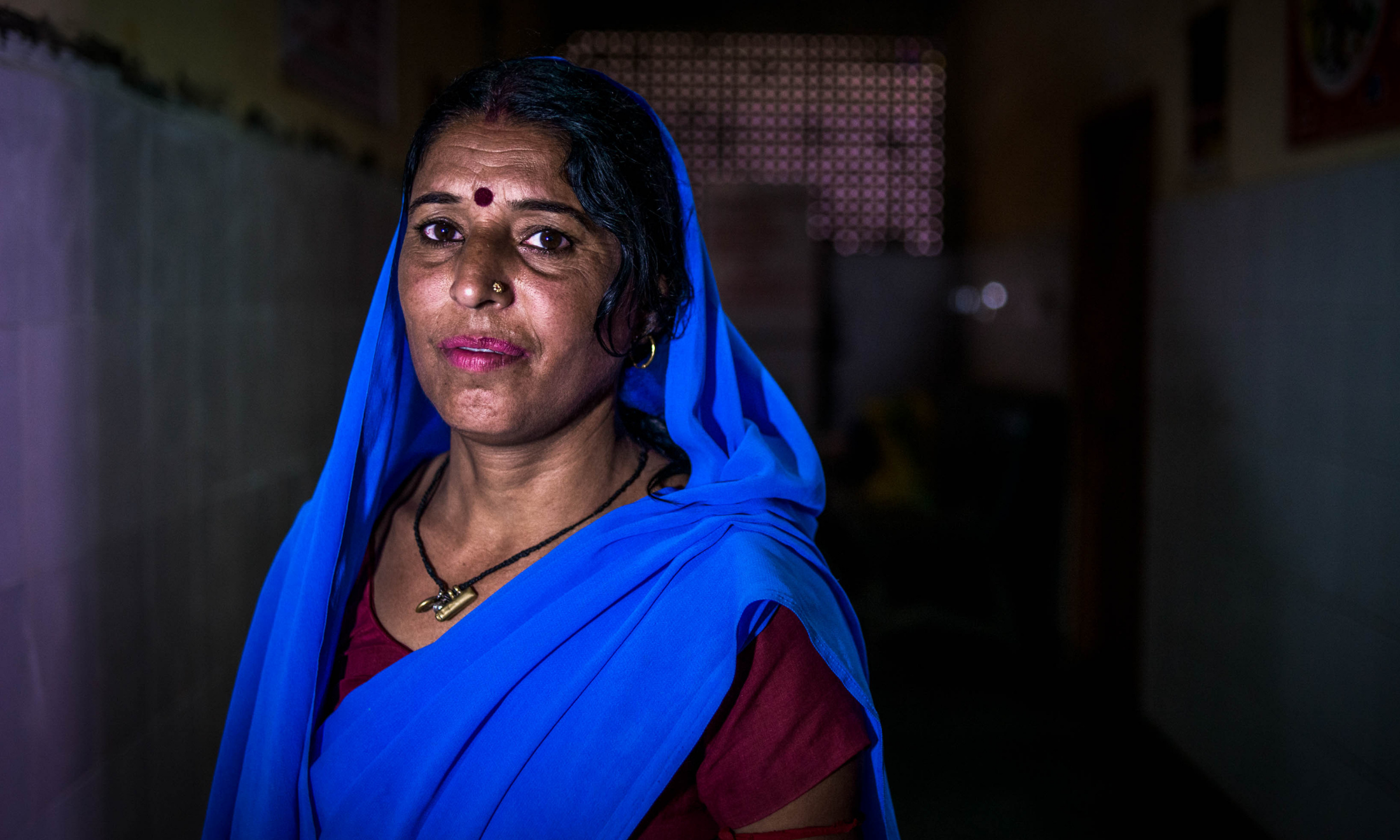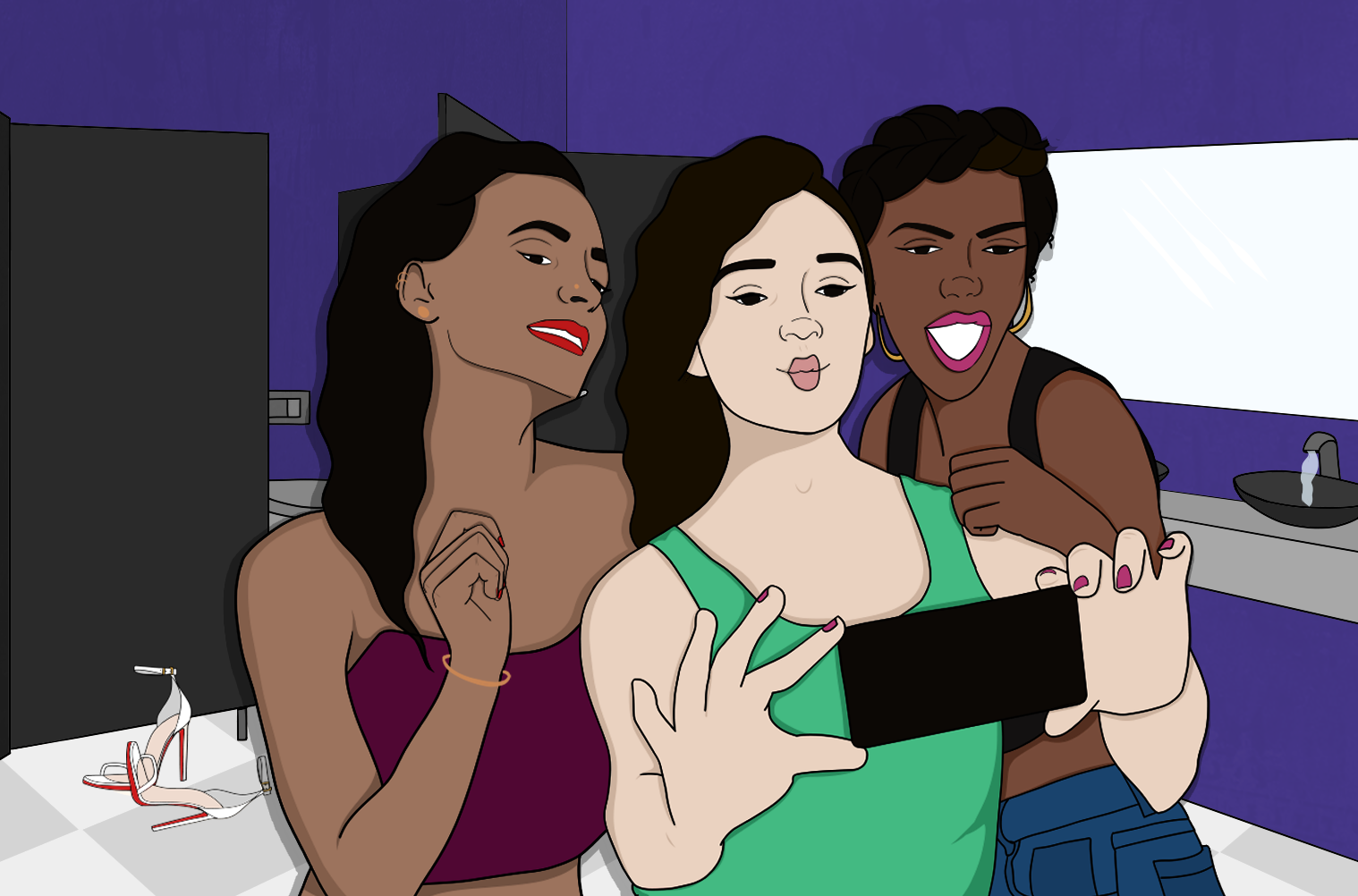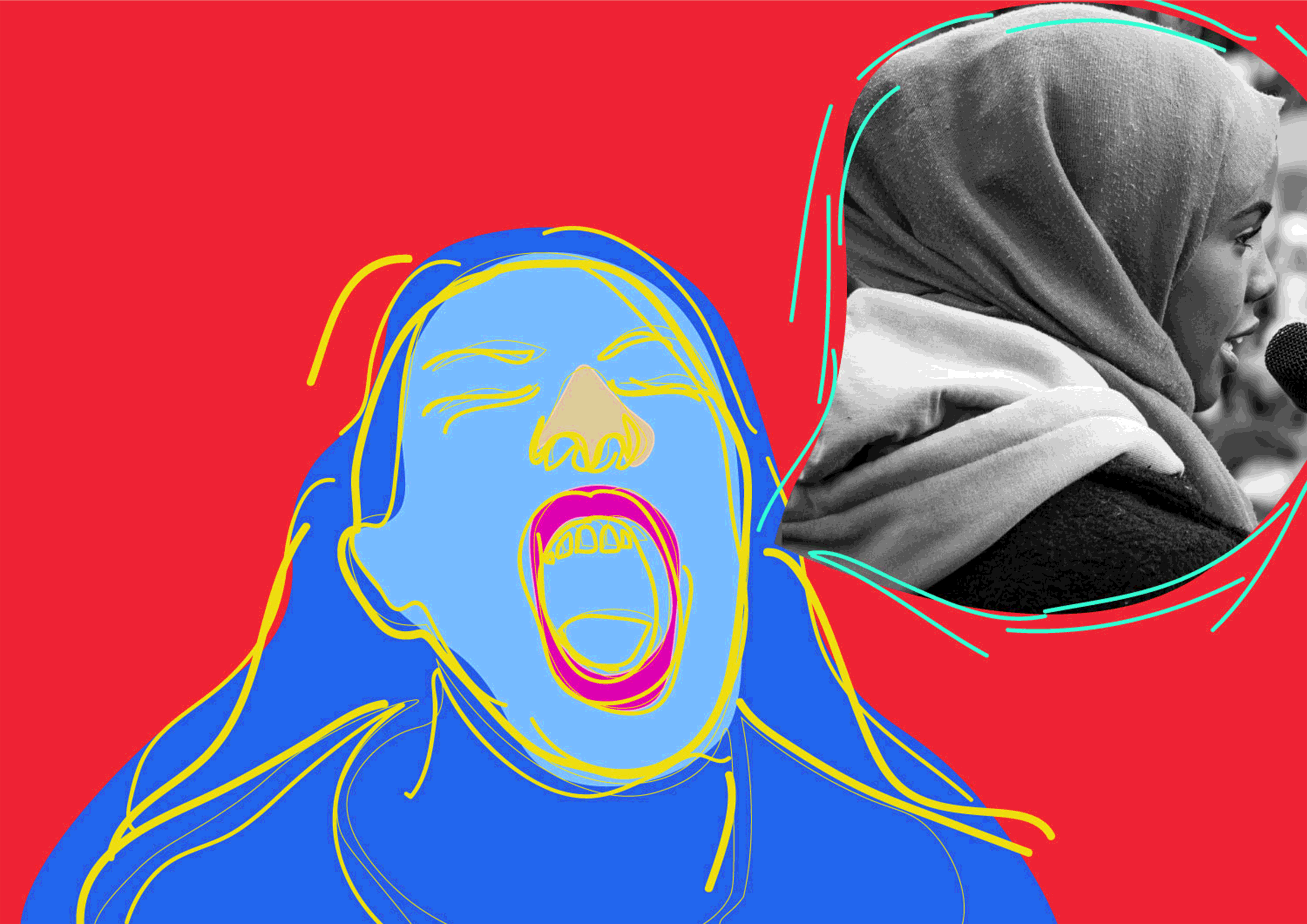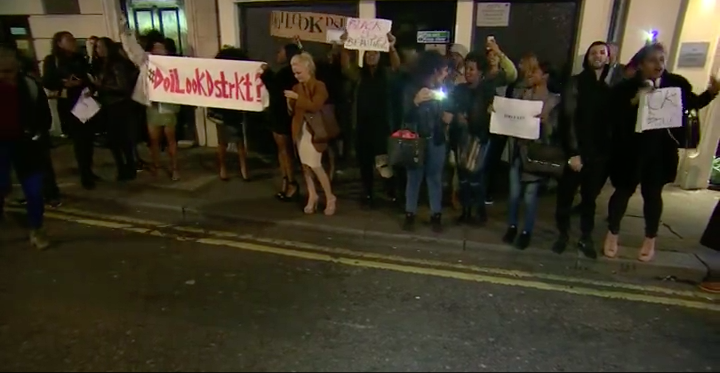Covid-19 passports might sound like they’ll keep us safe, but for queer people of colour the opposite is true
Queer clubs should be safe spaces but Covid-19 passports will only harm us in the long run.
Emmanuelle Andrews
16 Aug 2021

Flickr/CA2M
If you had told me last year that EYE, #LeoQueen and Carnival hoe, would be writing to queer clubs asking them to re-think their decision to open their doors, I would have laughed (from a safe 2m distance of course) in your face.
I love a boogie. Especially a queer one. I want to get sweaty and have a cheeky whine, or better yet, to be screaming at the top of my lungs to a banger with my closest pals, safe in the knowledge that I’ll be going home via McDonald’s.
Yet as queer clubs open this summer, I’m worried about the steps some venues are taking, supposedly in the name of safety. Entry only for those who can display a digital Covid-19 ‘passport’ or a negative test status is becoming more common. This creates a dangerously false sense of security while simultaneously shutting out some of the LGBTQ+ community’s most marginalised members. This won’t make any of us safer, and crucially, it risks exacerbating existing inequalities, as well as setting new precedents for our human rights and civil liberties that will all be felt for years to come.
Nowhere – at least for the foreseeable future – can, or will be, completely Covid-free. People who have previously had coronavirus or have been vaccinated, can still catch and spread Covid-19. Lateral flow tests have serious accuracy problems and even the UK’s medicines regulator has expressed their concerns about using them to enter venues.
“As queer clubs open this summer, I’m worried about the steps some venues are taking, supposedly in the name of safety”
We need an approach to the pandemic that protects everyone. One that focuses on material support and guidance, not coercion, policing, surveillance and punishment.
I’m not arguing that clubs don’t open at all. And no doubt it’s intentional that the government is putting the onus on venues to implement these measures, rather than giving them the financial support that they, and other businesses and employers, need.
But I’m concerned that this will usher in a new standard for society that will mean many are shut out of basic access to essential services, work, and housing, not only re-entrenching existing inequalities in society right now, but paving the way for more intrusive measures in the future.
Covid-19 passes will exclude anyone without meaningful and effective access to healthcare. This includes those without an NHS number; even though you can get vaccinated without a NHS number, your vaccine record – and thus, the Covid-19 passport – is only registered on the NHS if you are too. The NHS App – the only platform at the time of writing which displays Covid-19 passes – also requires users to possess an NHS number. Many undocumented migrants, people who have recently migrated to the UK, homeless people, members of the Gypsy, Roma and Traveller community and those with insecure housing do not have an NHS number and are routinely shut out from our healthcare system. Covid passes mean they will be shut out from social life too.
“Covid-19 passes are in step with a pandemic management plan that has been obsessed with policing, fines and coercion, rather than support and assistance”
Many marginalised communities have less trust in government public health measures, due to historic inequality and discrimination. People from economically deprived areas and people of colour are less likely to have been vaccinated, or to have proof of their vaccination status. The passport plan is a blunt instrument that will further marginalise communities that have historically been unaccounted for or actively harmed by public health interventions.
Covid-19 passes are in step with a pandemic management plan that has been obsessed with policing, fines and coercion, rather than support and assistance. In spite of warnings and demands from grassroots organisers and community groups, the government failed to suspend the hostile environment during the pandemic, rendering migrants vulnerable to the virus and destitution. Boris Johnson and co. also failed to ensure proper statutory sick pay for all workers, provide people with proper support to self-isolate, or release people from detention and prisons. Instead, the Tories have focused on expanding criminal punishment – including issuing fines which disproportionately affected people of colour – and clamping down on the right to protest.
Indeed, at the same time as announcing the arrival of ‘freedom day’ in July, the government abdicated all responsibility for supporting clinically extremely vulnerable people and is currently planning to remove the £20 Universal Credit uplift (which has yet to be extended to legacy benefits), despite dissent even within Tory ranks. After more than 130,000 deaths (and counting), the Government appears committed to a return to ‘normal’, one based on exclusion and inequality, with deadly results.
The truth is that it is exactly in times of crisis that the most authoritarian measures get introduced into society. And they tend to stick around.
Marginalised communities know this all too well. In the past, queer people’s health status has been treated with suspicion and hostility. As a community, we should know better than anyone that measures supposedly designed to protect the majority, can harm and exclude the minority.
As queer clubs start to re-open, it has to be with all of our community in mind. We can encourage and support vaccination and testing, and fight for greater support for the most marginalised, without building walls around our queer spaces. Let’s dance again together, for a future that reimagines what safety looks like for us all.
Emmanuelle Andrews is a member of the Queers Against Covid Passes campaign.
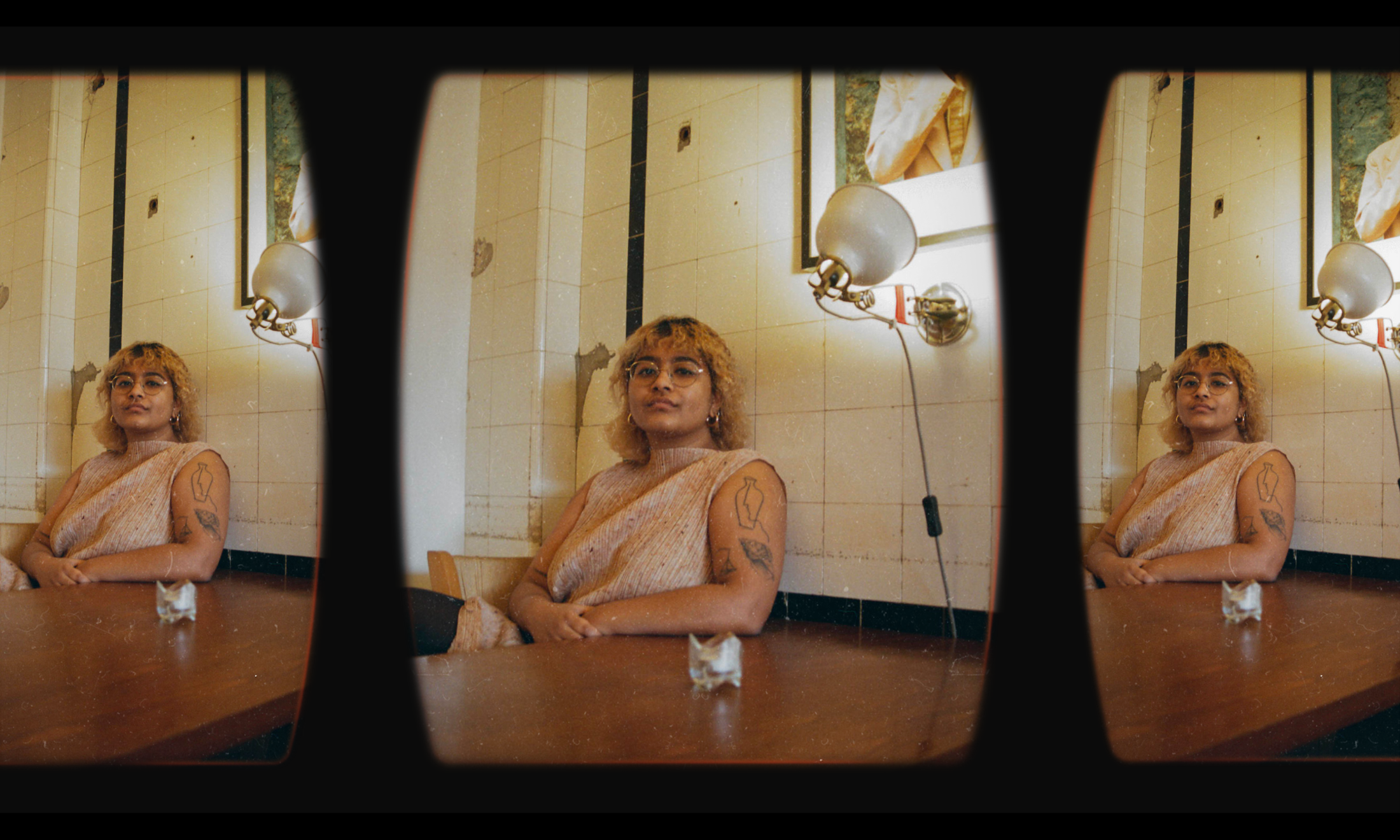
Shelter in Place: the politics of public spaces during the Covid-19 pandemic
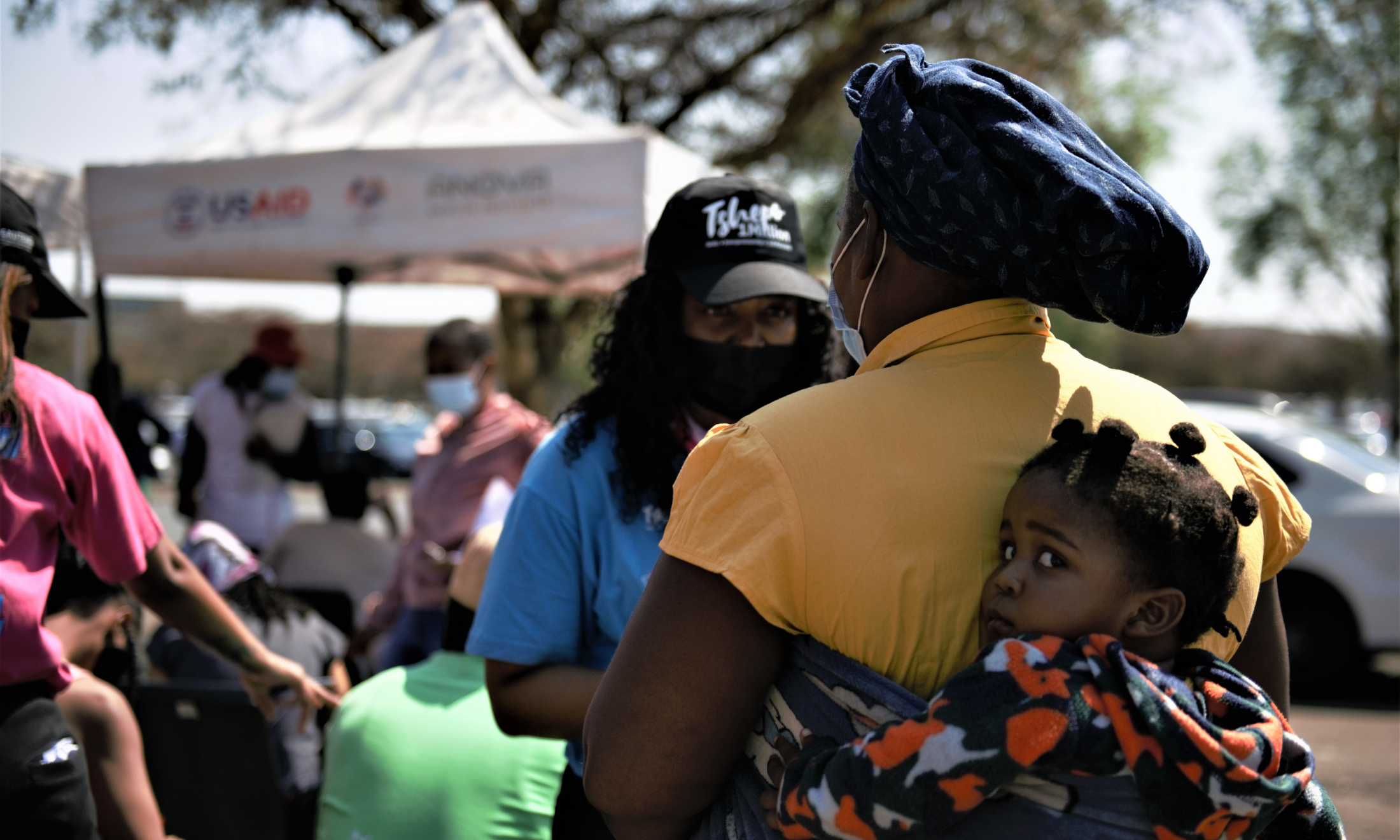
How vaccine geopolitics are holding the Global South hostage

Forgetting mustard seeds: a year in the life of a mother during the Pandemic
